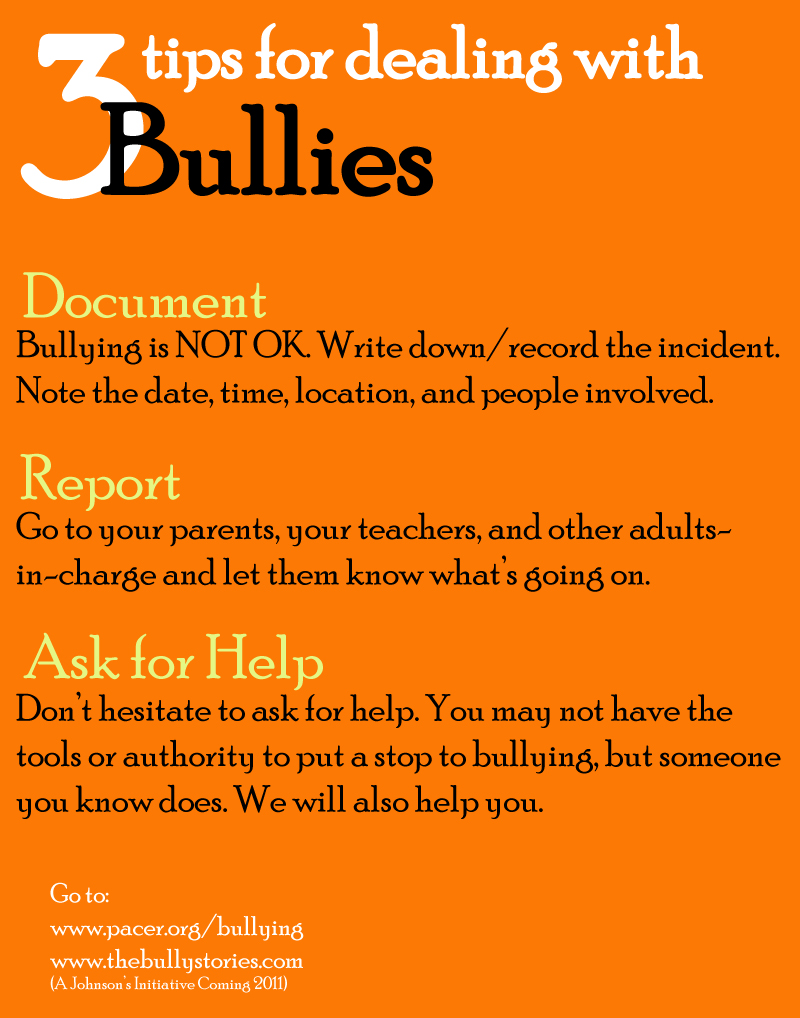I got an email about a creative expression contest for students to share their experiences with bullying and name calling. Here are the details sent from the coordinator:
During No Name-Calling Week (NNCW) 2011 (Jan. 24 – 28), thousands of educators across the country engaged students in educational and creative activities to end name-calling and bullying in schools. We applaud all of you for your efforts to begin the conversations about name-calling and bullying in an ongoing effort to create safer schools.
The Creative Expression Contest is still open for submissions! An important component of NNCW, the Creative Expression Contest is an annual opportunity for students to submit their original artwork expressing their experiences with name-calling and bullying. Each year we receive drawings, posters, poems, songs, videos, stories, essays and other art forms. Use one of our free Art Lesson Plans to conduct creative activities in the classroom aimed at ending name-calling and bullying. These ready-to-use lessons will help your students create thoughtful original art pieces you can then submit into the contest.
We will be choosing first, second and third place winners for each of the grade categories (Primary, Secondary and High School), as well as runners-up and honorable mentions. Prize’s vary by grade category and include art supplies, gift certificates, Apple IPods, NNCW merchandise, other prize materials from partnering organizations and all winners artwork will be featured on the No Name-Calling Week web site.
All submissions must be e-mailed (contest@nonamecallingweek.org), faxed (646-388-8060), or postmarked (NNCW CEC, 90 Broad Street, 2nd Floor, New York, NY 10004) by February 28th, 2011. Please visit the Creative Expression Contest page for official rules and entry forms.
For more ideas on art projects and other ways to end name-calling and bullying, join the conversation with over 15,000 educators on the No Name-Calling Week Facebook page.

